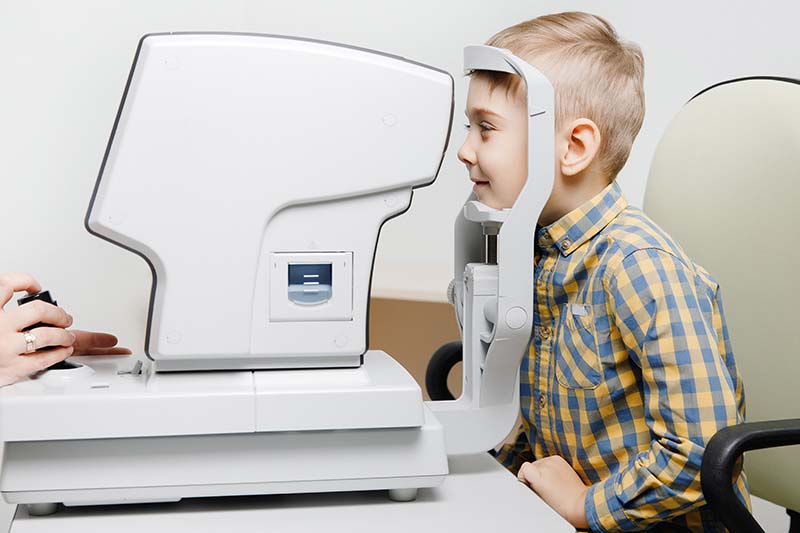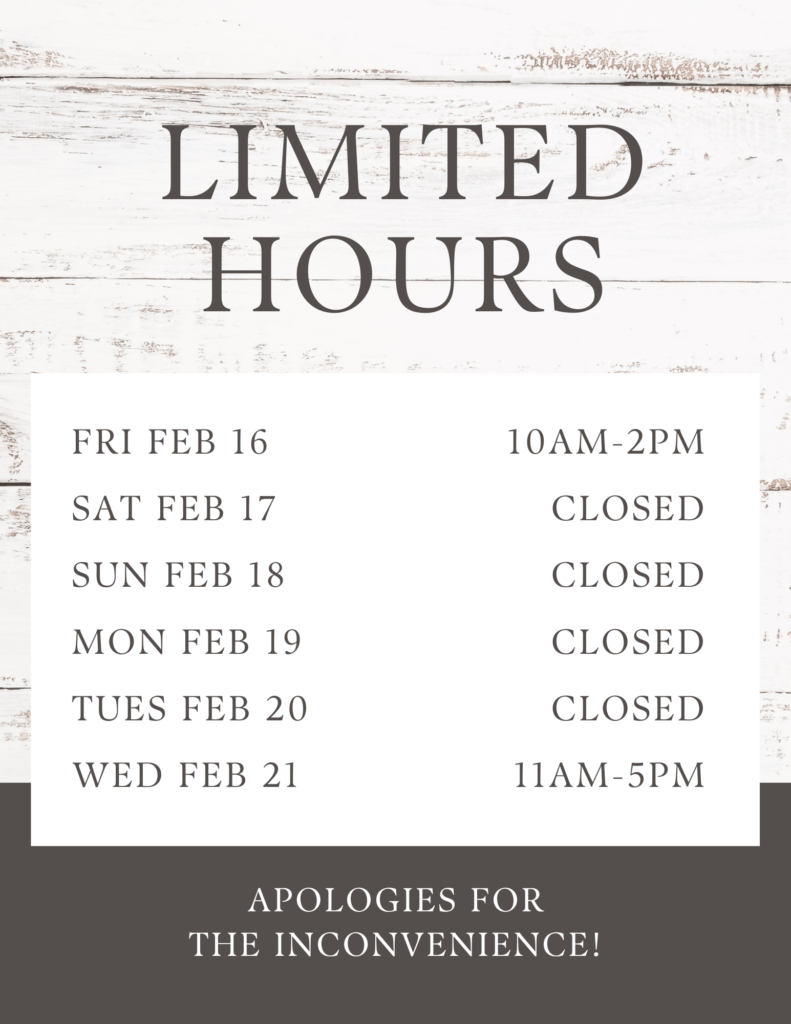Children's Eye Exams

Our first years of life are critical to our development and that goes for our eyes too! It is important to have a child’s eyes checked regularly to ensure that they’re developing properly. According to the Canadian Association of Optometrists (CAO), there are critical points in which children should have their eyes examined by an optometrist:
- Infants should have their first eye exam between 6 and 9 months.
- Toddlers should have their eyes checked at least once between the ages of 2 and 5.
- Children between the ages of 6 and 12 should get their eyes checked yearly.
- Everyone over 12 should be tested at least every 2 years.
It may be difficult to notice your child is having trouble seeing as they may not always be vocal about it.
It may be difficult to notice your child is having trouble seeing as they may not always be vocal about it. There are also certain risk factors that may impact the development of your child’s vision. Some things you can watch out for that are indicators of poor vision or potential eye conditions:
- Short attention span
- Headaches
- Frequent blinking
- Avoiding reading
- Tilting the head to one side
- Poor reading comprehension
- Crossed or lazy eyes
- Family history of eye disease
- Previous injuries
Having good vision is extremely important during childhood for normal growth and development. Pediatric exams are designed to assess a child’s vision and eye function with an emphasis on ocular health. There are a number of diseases and disorders that are more likely to occur during growth and development years. Pediatric eye exams also look for visual issues that could be interesting with a child’s ability to learn and participate in extracurricular activities.
If you suspect your child may be developing an eye condition or is at risk for one, it is best to bring up any of these concerns to your eye doctor.





